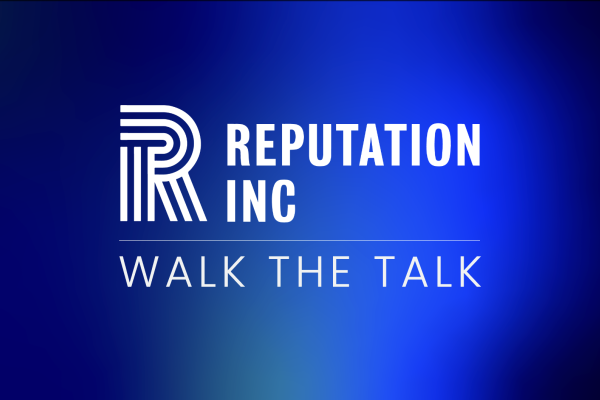
Taxing Reputation
It should come as no surprise that globally operating companies have long been smart about how they structure their legal entities and internal financial transactions to minimise their exposure to levies and taxes. Whilst acting fully within the boundaries of the law, why wouldn’t a smart fiscal management involve paying simply what is legally required? These are profit maximising entities after all, working to maximise return for shareholders.
The problem with this thinking is that it is short-sighted, geared towards satisfying the players of the ‘quarterly earnings’ game. In the end it is the company that ultimately loses out as its fiscal acrobatics are brought to light resulting in reputation equity erosion. At worst, this can lead to lasting dents in the bottom line as swathes of consumers and customers lose their trust in the company and choose to take their business elsewhere. The effect of media attention to this issue has already seen victims such as Starbucks forced to defend its tax policies and taking a reactive stance.

Corporate stakeholders, consumers and the public at large have come to expect a certain level of transparency and adherence not just to the letter of the law, but to the societal norms and ethical behavioural standards they value.
This means that it is the company’s duty to understand, not only what stakeholders expect of it now, but what issues will become more relevant in the future. It can then collaborate with law makers, NGOs, partners and experts to co-create this future to ensure a fertile business climate and sustainable long term profitability.
Not only is it important to take stakeholders’ future expectations into account in designing a tax strategy, if this strategy cannot be effectively communicated one is exposed to significant reputational risk. Effective stakeholder dialogue should include the media. A study conducted in 2014 by EY showed that 89% of the largest companies are concerned about media coverage of the taxes some companies are paying. However, more than half of them have not changed the way they communicate tax related information to internal and external stakeholders.

Clearly there is a need for alignment within companies between ‘tax’ and ‘corporate communications’. Effective internal collaboration and designing a tax strategy that takes stakeholders expectations into account can result in new approaches that maximise long term viability.
Unilever, for instance, takes a very proactive and transparent approach to its tax strategy. It clarifies its global tax principles and approach to taxation in areas such as transfer pricing and transparency. It also gives insight into the corporation tax paid regionally and in its largest markets. It is inevitable that the future reporting and disclosure demands will lead to further transparency, but, in the meantime, some leading companies are positioning themselves as leaders in the transparency field and reaping the reputational rewards as a result. This serves as a buffer for any NGO or media scrutiny they may come under in the future.

In order to be leading, you have to understand how tax policies and prevailing thought is likely to shift in the future. Tax policies will change and are likely to become more harmonious across borders. The OECD, working on behalf of the G20 is recommending reforms to international tax practices to minimise the practice of companies moving their tax burdens to lower tax regimes. Some countries, such as the UK, are leaping ahead with their own new proposals on tax to grab additional levies from firms that operate in their country. The Google-tax debate will continue.
What is clear is that it is far worse for the long term business viability to suffer the reputation damage such as Google is currently experiencing, than it would be to think ahead and play a long term strategic tax and reputation game. The reputation management game is a taxing one, but far more worthwhile in the long run than the quarterly earnings game.



